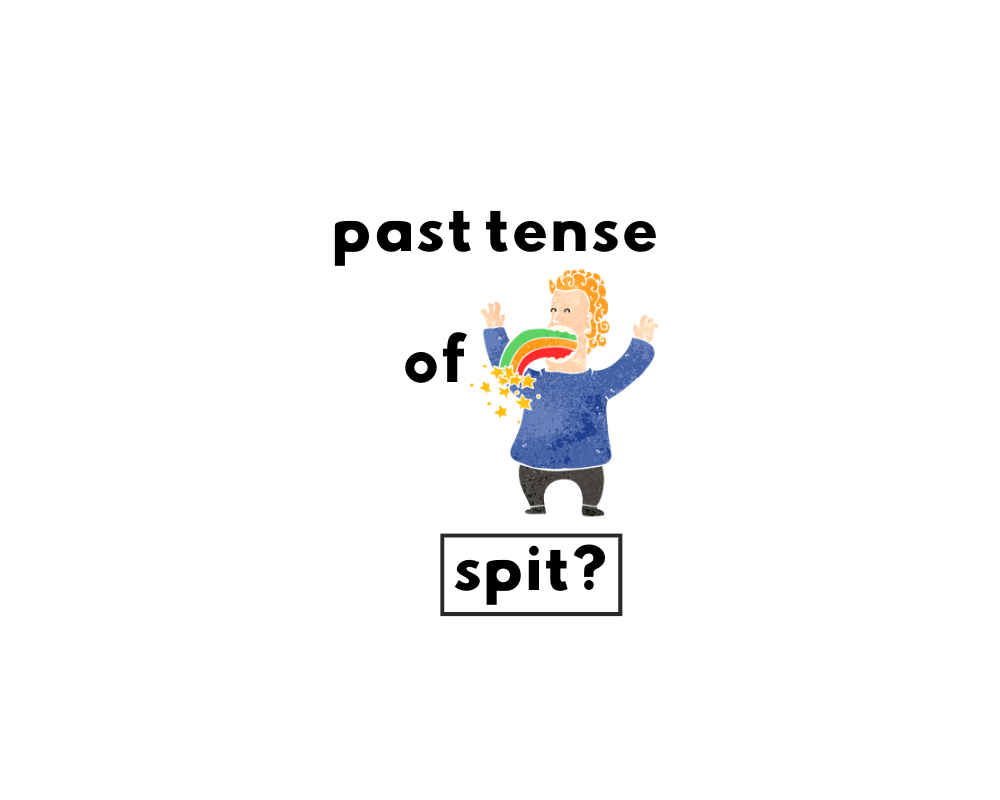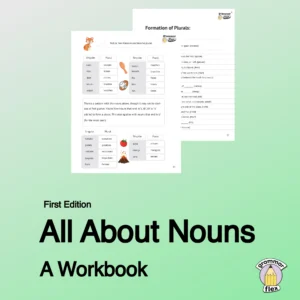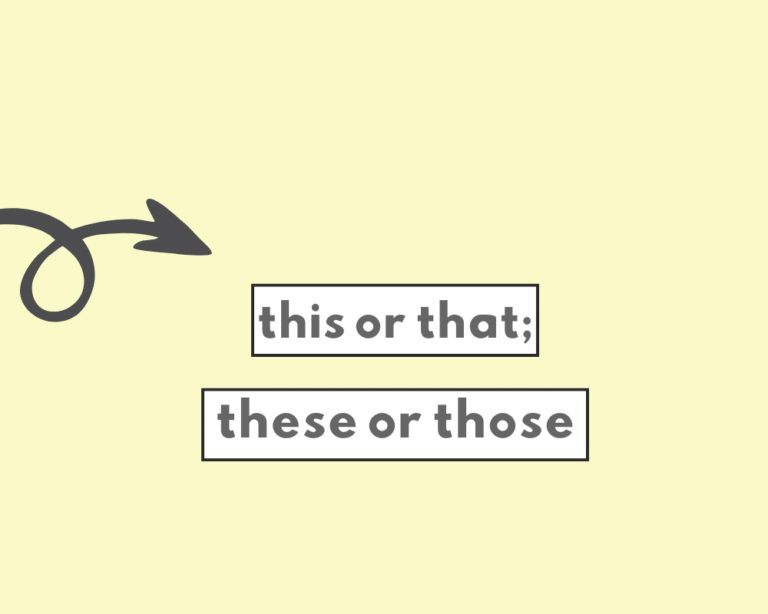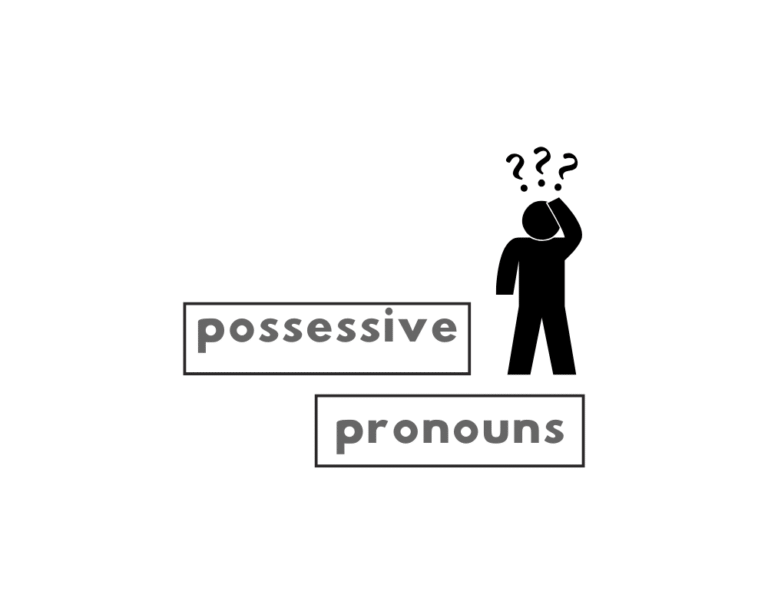What’s the past tense of “spit”?
| Word Form | Examples |
|---|---|
| Past Tense |
The player had spat out his mouthguard in frustration. The script had been spat out by the printer, covered in typos. The venom had been spat by the snake, poisoning its prey. The gum had been spat out onto the bottom of the desk. The cat had spat at the vacuum cleaner before running away. |
| Word | Similar words |
|---|---|
| spit | sputum, spittle, discharge, drool, slaver, dribble |
Phrases with “spit”
| Phrase | Meaning |
|---|---|
| spitting at the wind | to do something pointless or futile |
| spit the dummy | to have a tantrum like a toddler so that you’d spit out your pacifier. “Dummy” is an antiquated term for soother or pacifier |
| to be within spitting-distance of | something near in proximity so that you could figuratively spit to it |
| to eat the meat and spit out the bones | to take what’s good and leave what isn’t |
| mad enough to chew nails and spit rivets | to describe someone or yourself as irate, or furious to the point of irrationality |
Origin of the verb spit
From etymology online on spit (v.):
“expel saliva,” Old English spittan (Anglian), spætan (West Saxon), transitive and intransitive, past tense spytte, from Proto-Germanic spitjan, from PIE *sp(y)eu-, of imitative origin.
More commonly confused verb tenses
- What’s the past tense of spread?
- What’s the past tense of lead?
- What’s the past tense of choose?
- What’s the past tense of fly?
- What’s the past tense of lay?
- What’s the past tense of drive?
- What’s the past tense of draw?
Sources
- Definition of spit from the Collins English Dictionary. Accessed on March 20, 2023.
- Harper, Douglas. “Etymology of spit.” Online Etymology Dictionary, https://www.etymonline.com/word/spit. Accessed 20 March, 2023.
Worksheet
According to the blog post, which forms are accepted as correct simple past tense forms of the verb “spit”?
Which verb form of “spit” is specifically mentioned as incorrect in the post?
In American English, the blog post states that both “spit” and “spat” are accepted as correct forms for which tenses/participles?
The sentence “Tomorrow, I will spat this bad taste out of my mouth” is incorrect because:
According to the post, which option correctly completes the sentence using the past participle form: “The venom had been ______ by the snake…”?
Yesterday, the child accidentally out his candy. (Using the first example from the post)
After the foul taste, she the medicine onto the floor. (Using the second example from the post)
Based on the irregular verb pattern shown, the past participle of “spit” is .
The poem in the post states: “To spit and spat / Are present and “.
The sentence “He always his watermelon seeds into the yard” is incorrect because it uses a form that is not a correct past tense of “spit”.
FAQs
What past forms of spit are correct?
+
Are spit and spat both past tense?
+
Is ‘spitted’ the past tense of spit?
+
How is ‘spat’ used as a past participle?
+
Can ‘spat’ be used in the future tense?
+
Yash, D. "Is it Spit or Spat, Paddy Whack? What’s the Past Tense of Spit?." Grammarflex, Jul 15, 2025, https://www.grammarflex.com/is-it-spit-or-spat-paddy-whack-whats-the-past-tense-of-spit/.











